Thank You Again for Talking to Me on the Phone


Communicative skills are very important. Communicating properly on the phone is especially important, as the person you are speaking to cannot run across your facial movement or your body linguistic communication. They rely completely on what you are proverb, and how you are speaking, to understand you lot fully.
As well equally speaking clearly when talking on the phone, it is vital to use the correct level of formality. If you are too formal, people might find it difficult to feel comfy when talking to you. If you are also informal, they might remember yous are being rude!
Generally speaking, when yous are calling in a business context (making calls related to employment, finances, law, health or applications of any sort), you should show politeness past using words like:
- could
- would
- tin
- may
when making a request. When yous ask for something, or receive help or information, you lot should use:
- please
- cheers
- thanks very much.
It is as well okay to employ some of the informal features of the English language language such as brusk forms, phrasal verbs and words like okay and bye – in other words, everyday English! So phrases like:
- 'I'one thousand off to a briefing, okay, good day',
- 'Hang on a moment, I'll put you through'
are perfectly adequate, as long as the overall tone of your voice is polite and friendly.
If information technology is more of an informal phone chat (speaking to a friend, family member, close work colleague or even a friend of a friend), then a high level of formality is usually non required, but you should still speak with a polite manner, as information technology is seen as respectful.
It's fine to utilise less formal phrases in these conversations, such as
- 'thanks'
- 'cheers'
- 'bye'
- 'okay'
- 'no problem'
Another useful thing to remember is, information technology's better to ask for help or clarification when y'all're having a telephone chat, than to pretend you understand something that you didn't. It is absolutely fine to use phrases like:
- 'Could you repeat that delight?'
- 'Could you speak a fiddling more slowly please?'
- 'Would you mind spelling that for me please?'
Using phrases similar these volition help you to take a more successful phone phone call, and may salvage you from whatever problems afterwards on. You could always say:
- 'I'm afraid the line is quite bad',
if you tin't hear very well.
Information technology also a good idea to practise words, phrases and vocabulary that you might need to utilise, before the call! So to help you out a picayune, here is a list of commonly used phrases:
Skype English Lesson with a native AMERICAN or BRITISH instructor ››
Recommended for y'all:
Listing of Sentence Connectors in English with Examples!
Difference between Connect, Contact, Deport and Communicate
How to introduce yourself in English: Tips and Phrases

Introduction / Making Contact
If answering a business organisation call, offset past introducing yourself or if the caller fails to identify themselves, and so you could ask them to country who they are by using the post-obit phrases:
Formal
- 'Hello'
- 'Good Forenoon'
- 'Good Afternoon'
- 'This is ___ speaking'
- 'Could I speak to ___ please?'
- 'I would similar to speak to ___'
- 'I'm trying to contact ___'
Informal
- 'Hi'
- 'Howdy, it's ___ hither'
- 'I am trying to arrive affect with ___'
- 'Is ___ at that place please?'
Bank check your Grammar ››
Recommended for y'all:
Polite Expressions in English language: Words, Phrases and Questions
Other means to say "Prissy To Meet Y'all"
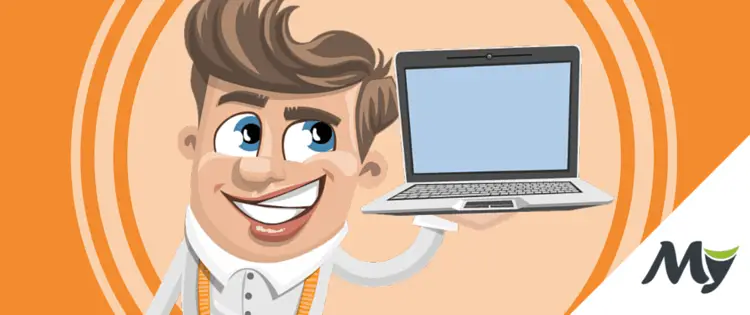
Giving more information
This would probably be used in a business concern context mainly, but could sometimes be helpful in an breezy conversation also. Information technology is skilful to specify where you are calling from, if you feel it may be helpful to the person you are calling.
Formal
- 'I am calling from ___
- I'm calling on behalf of ___'
Breezy
- 'I'grand in the post office at the moment, and I but needed ___'
Skype English language Lesson with a native AMERICAN or BRITISH instructor ››
Recommended for you:
Formal and Informal E-mail Phrases Starting with Greetings
7 Simple Examples of Business Email Writing in English
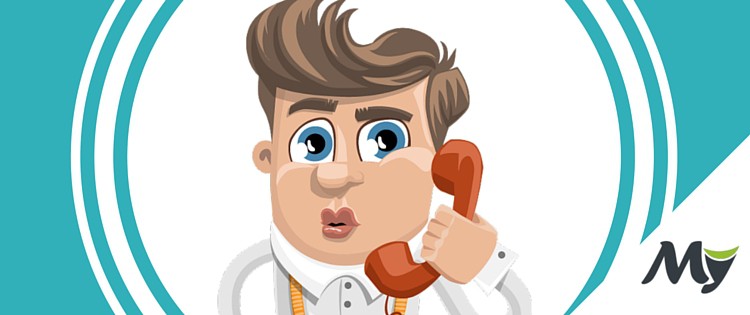
Taking / Receiving a Call
You may need to employ these if you are answering someone else's phone, considering they are unable to answer it themselves, or if you are answering an role phone.
Formal
- 'Hello, this is ___ speaking'
- '___ speaking, how may I assistance you?'
Informal
- 'Hello, John'southward telephone'
Bank check your Grammar ››
Recommended for you:
Other Means To Say NO PROBLEM
How to Deal with Problems Faced by Students of English language?
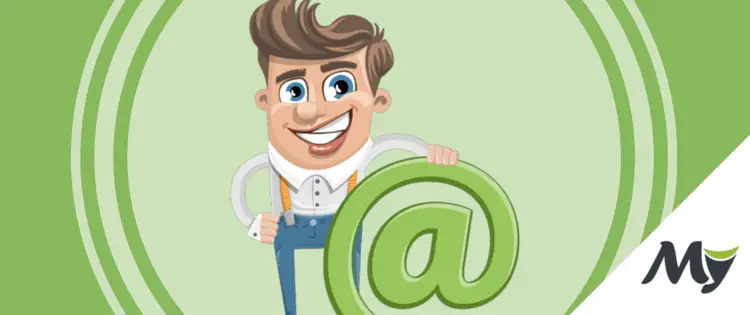
Request for more data / Making a request
If you need to ask for a specific person, then phrase your request as a polite question, if you only have an extension number and no proper noun, you tin say and so. If you lot're calling for a specific reason, just explain briefly what it is.
Formal
- 'May I ask who'due south calling please?'
- 'Tin can I ask whom I'm speaking to please?'
- 'Where are you calling from?'
- 'Is that definitely the right name/number?'
- 'Could I speak to someone who ___?'
- 'I would like to make a reservation please'
- 'Could y'all put me through to extension number ___ please?'
Informal
- 'Who's calling please?'
- 'Who'due south speaking?'
- 'Who is it?'
- Whom am I speaking to?
Skype English Lesson with a native AMERICAN or BRITISH teacher ››
Recommended for y'all:
English For Information technology Professionals
TO Do or TO Brand a projection?
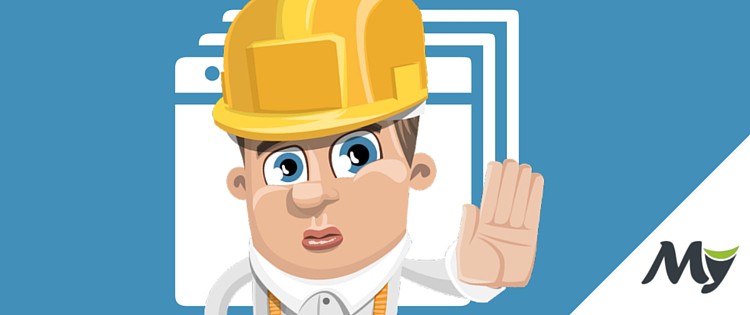
Asking the caller to expect / Transferring a phone call
If you are transferring a caller to someone else, you lot should let them know that you are doing so, just and then they know what is happening, as the silent tone could be mistaken for a asunder line! If you are the ane being transferred, you will often hear the person employ the following phrases:
Formal
- 'Could you concord on a moment delight'
- 'Just a moment delight'
- 'Hold the line delight'
- 'I'll simply put you through'
- 'I'll just transfer you now'
Informal
- 'Hold on a minute'
- 'Just a infinitesimal'
- 'Okay, expect a moment please'
Check your Grammar ››
Recommended for you:
What'southward the difference between directly and indirect questions
Divergence Between Request and Telling!
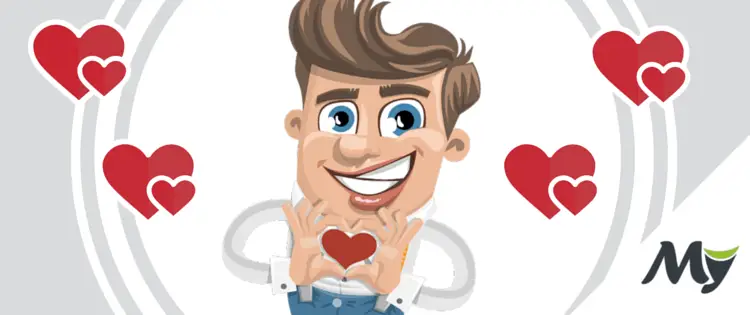
Giving Negative Information
If yous are the one answering a phone call, you lot might not be able to help the caller. You can employ some of the following phrases in these circumstances:
Formal
- 'I'yard agape the line is busy at the moment'
- 'That line is engaged at the moment, could yous call back later delight?'
- 'I'chiliad afraid ___'s busy at the moment, can I take a message?'
- 'I'g sorry, he's out of the role today'
- 'You may have dialled the incorrect number'
- 'I'm afraid there's no i hither by that name'
Informal
- 'Sorry, ___'s not here'
- '___ is out at the moment'
Skype English language Lesson with a native AMERICAN or BRITISH instructor ››
Recommended for you:
Difference betwixt Accept and GET
Difference Between GET and Be!

Telephone Problems
If y'all don't understand everything the other person is maxim, be honest. Tell the other person immediately, otherwise you might miss some important information! Almost people will appreciate your honesty, and will be happy to oblige.
Formal
- 'I'm agape I tin't hear you lot very well'
- 'Would you heed speaking upward a bit please?'
- I'm agape my English isn't very skillful, could you speak slowly delight?'
- 'Could you echo that please?'
Informal
- 'Sorry, I didn't catch that'
- 'Say that again please?'
- 'I can't hear you very well'
- 'Deplorable, this line is quite bad'
Check your Grammar ››
Recommended for you:
Other Ways to Say Y'all Are Welcome!
How to answer when someone says me thank you?

Leaving / Taking a Message
If the person you're calling is not available, be prepared to exit a message. This could be a voicemail, (which is a digital voice recording system), or an answering auto (this records messages onto a tape). If you're leaving a message with some other person, they'll either ask if you want to leave a bulletin, or you could asking to leave a message with them. Exist sure to get out your number, if you desire the other person to call you dorsum!
Formal
- 'Can I accept your name and number please?'
- 'Can I leave a message please?'
- 'Could yous please ask ___ to call me back?'
- 'Could you spell that for me please?'
- 'Tin can I just check the spelling of that please?'
Breezy
- 'I'll ask him to band yous when ___ gets back'
- 'Could y'all tell ___ that I called please?'
- 'I'll let ___ know that yous rang'
Skype English Lesson with a native AMERICAN or BRITISH teacher ››
Recommended for you:
"Go THE MESSAGE" Idiom mean?
15 Phrasal Verbs with CALL: recollect, call out, call effectually …
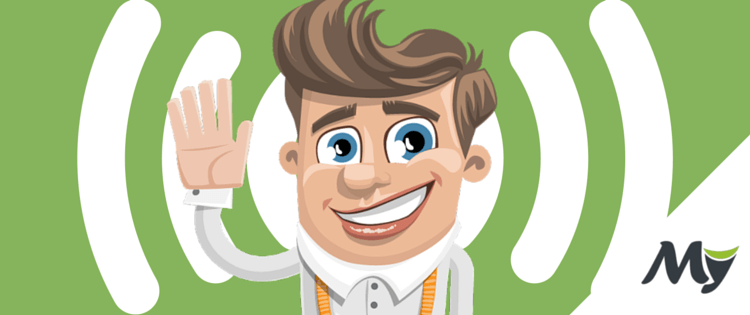
Saying Cheerio
The easiest part of the chat! Simply be polite, and speak with a friendly manner.
Formal
- 'Thank yous for calling'
- 'Have a skilful day'
- 'Good day'
Informal
- 'Bye!'
- 'Talk soon'
- 'Speak to yous again presently'
Recall your manners!
It'southward very important to be polite on the telephone, utilise phrases like could you, would you lot like to, and to make requests, use please. Always remember to finish a conversation with thank you and good bye.
Write it downwardly!
If you're nervous about speaking on the phone in English, then it may be helpful to write a brief script or a few bullet points on that yous need to say.
If you will exist speaking to someone you don't know, it helps to have things written downwardly in front of you, to calm your nerves!
If you lot have a brief outline of what you need to say, it volition help to organise your thoughts beforehand, and to employ it as a reference during the phone call, if you get confused.
Phrasal verbs
I matter you could do to amend your telephone skills is to larn some of the phrasal verbs that are commonly used in English phone conversations.
Check your Grammer ››
Recommended for you:
A Applied Guide to Using Diplomatic English in a Business
Would vs Could vs Should vs Might in English!
Common Phrasal Verbs
1. hold on
ways await
- 'Could you hold on a moment delight?'
2. hang on
also means wait! (informal)
- 'Could you hang on a moment delight?'
3. put (a call) through
means to connect i caller to some other
- 'I'm merely going to put you through now.'
four. go through
to be connected to someone on the phone
- 'I tin't go through to his line at the moment, could you call back later please?'
five. hang up
means to put the receiver down
- 'I think the operator hung up on me, the line just went dead!'
6. call upward
is to brand a phone call (mainly used in American English or slang)
- 'I'll call up the theatre, and find out about tickets.'
7. think
is to render someone'southward call
- 'I'll ask him to call you dorsum, when he gets home.'
8. pick up
ways to answer a call / lift the receiver to take a phone call
- 'No ane is picking upward, maybe they're non at home.'
9. get off (the phone)
means to finish talking on the phone
- 'When he gets off the other phone, I'll pass on your bulletin.'
10. get dorsum to (someone)
means to return someone's call
- 'When exercise you lot think she'll be able to get back to me?'
eleven. cut off
to exist disconnected abruptly during a telephone conversation
- 'I recollect nosotros got cutting off, I can't hear her anymore.'
12. switch off/plough off
is to deactivate (a cell phone/mobile phone)
- 'Sorry you couldn't get through to me. My phone was switched off, because the bombardment had died.'
13. speak upwards
means to talk louder
- 'I'm agape I can't hear y'all very well, could y'all speak upwards a piddling please?'
Skype English Lesson with a native AMERICAN or BRITISH instructor ››
Recommended for y'all:
CAN or MAY? The difference betwixt CAN and MAY!
Useful English Phrases For Running A Business organization Meeting
Hold on means 'look' – andhang on means 'look' too. Be careful non to misfile hang on withhang up!Hang up means 'end the call by breaking the connection' – in other words: 'put the phone downward.'
Some other phrasal verb with the same meaning equallyhang up isring off, just this isn't equally normally used as some of the other phrasal verbs listed to a higher place.
The contrary ofhang up /ring off isring upwardly – if you lotring somebody upwardly, you make a telephone call. And if youpick upwardly the telephone (orchoice the phoneup), you answer a call when the phone rings.
"Hang on a second…"
If you are talking to a receptionist, secretary or switchboard operator, they may enquire you tohang on while theyput youthrough –put through ways to connect your call to another telephone. With this verb, the object (you, me, him, her etc.) goes in the middle of the verb:put you through.
But if you can'tget throughto (contact on the phone) the person you lot desire to talk to, y'all might be able to leave a message asking them to call youback.
Call back ways to render a phone call – and if you use an object (you, me, him, her, etc.), it goes in the middle of the verb:phone call you lot back.
Now you can starting time making those calls!
Source: https://www.myenglishteacher.eu/blog/phone-conversation-most-commonly-used-english-phrases-on-the-phone/

Post a Comment for "Thank You Again for Talking to Me on the Phone"